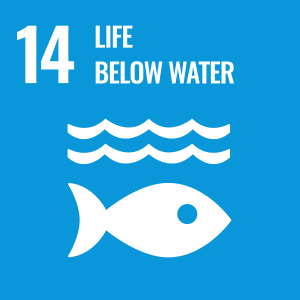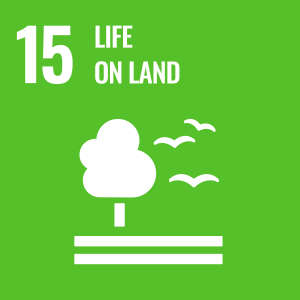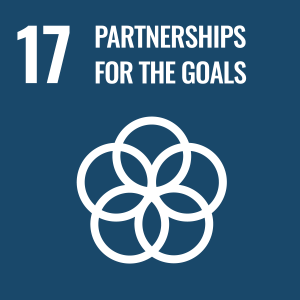
Dr Catherine Finnegan
Academic and research departments
Department of veterinary clinical sciences, School of Veterinary Medicine, Faculty of Health and Medical Sciences.About
Biography
Cait graduated from the University of Edinburgh in 2011 and has worked as a small animal veterinary surgeon in roles spanning charity practice, first opinion, referral and academia.
She is the lead for the Small Animal Section and has a keen interest in all things general practice veterinary medicine and surgery. In addition, she is a One Health practitioner and leads the One Health module in the curriculum.
University roles and responsibilities
- Small Animal Section Lead
My qualifications
Affiliations and memberships
Senior Fellow of the Higher Education Academy since 2024
News
In the media
Sustainable development goals
My research interests are related to the following:








Publications
Addressing the nature emergency on veterinary campuses will challenge us to embrace the 30 × 30 Biodiversity Challenge and explore the life-giving processes that sustain life in our bio-regional home areas. In this case study, a group of transdisciplinary collaborators explore three entanglements that profoundly represent this key aspect of the metacrisis of the Anthropocene, doing so through a series of experiential workshops. By focusing on specific entangled features of the Easter Bush campus, at the University of Edinburgh, we are able to explore boundary making practices and to develop some sense of the relational whole and our place in the whole. The features that called for our attention included the river flowing through the campus and a local badger sett, dug into the refuse tip that past generations of humans have created beside the river. This work allows a series of recommendations about outdoor learning for eco-literacy, multispecies dialogue and justice to be proposed. The inter- and intra-connections between nature restoration and human restoration uncovered through this work, highlight that there are One Health justice issues here that we would do well to pay attention to in seeking to nurture more sustainable futures. This has implications for habitat restoration on veterinary campuses, for pedagogical practice and curriculum reform. Such reforms will need to recognise the damage caused by reductive science, the absence of systems thinking and process philosophy in teaching and the failure to promote spaces and opportunities for nature connection and outdoor learning.
Background: Antibiotic resistance increasingly threatens the interconnected health of humans, animals, and the environment. While misuse of antibiotics is a known driver, environmental factors also play a critical role. A balanced One Health approach—including the environmental sector—is necessary to understand the emergence and spread of resistance. Methods: We systematically searched English-language literature (1990–2021) in MEDLINE, Embase, and Web of Science, plus grey literature. Titles, abstracts, and keywords were screened, followed by full-text reviews using a structured codebook and dual-reviewer assessments. Results: Of 13,667 records screened, 738 met the inclusion criteria. Most studies focused on freshwater and terrestrial environments, particularly associated with wastewater or manure sources. Evidence of research has predominantly focused on Escherichia coli and Pseudomonas spp., with a concentration on ARGs conferring resistance to sulphonamides (sul1–3), tetracyclines (tet), and beta-lactams. Additionally, the People’s Republic of China has produced a third of the studies—twice that of the next country, the United States—and research was largely domestic, with closely linked author networks. Conclusion: Significant evidence gaps persist in understanding antibiotic resistance in non-built environments, particularly in marine, atmospheric, and non-agricultural set65 tings. Stressors such as climate change and microplastics remain notably under-explored. There is also an urgent need for more research in low-income regions, which face higher risks of antibiotic resistance, to support the development of targeted, evidence-based interventions.


